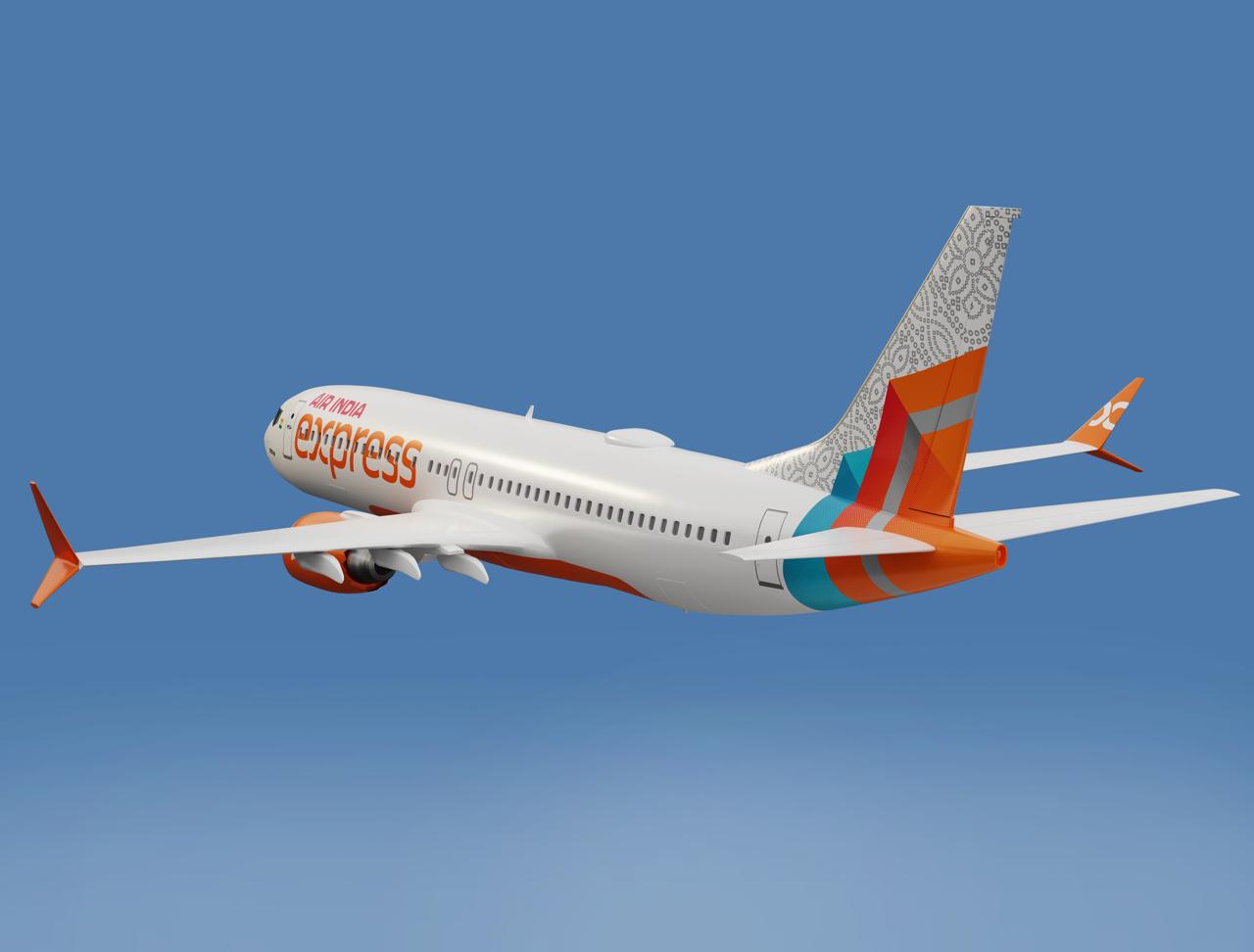Malaysia Airlines, part of the Malaysia Aviation Group (MAG), views India as a crucial market for growth. The airline currently operates flights to nine Indian cities, including Delhi, Mumbai, Bengaluru, Amritsar, Chennai, Hyderabad and Kochi. It also services Ahmedabad and Trivandrum with four weekly flights each.
The airline is keen to expand its footprint in India, looking to increase frequencies to Trivandrum and Ahmedabad. Additionally, Malaysia Airlines is exploring new destinations within the country. Group Managing Director Datuk Captain Izham Ismail emphasised the importance of the Indian market, attributing the airline’s enthusiasm to India’s robust economic movement.
Currently, Malaysia Airlines operates 71 weekly flights to India. The frequency to Amritsar was recently increased from four to seven flights per week. Despite these plans, the airline has faced operational challenges, including supply chain issues and manpower constraints. As a result, it has temporarily reduced its network until December.
Malaysia Airlines to expand non-metro cities network in India, plans to double flights to Ahmedabad and Trivandrum
India set to become global aviation hub as fleet and passenger numbers hit new heights
Malaysia Airlines has established a codeshare partnership with IndiGo and interline agreements with Air India and Vistara. These partnerships facilitate seamless travel for passengers and expand the airline’s reach to destinations not directly served by Malaysia Airlines.
India’s civil aviation market is one of the fastest-growing globally. The bilateral flying rights between India and Malaysia predominantly cover metro routes, but there are opportunities for increased services to non-metro cities, where there are fewer restrictions.
Ismail expressed optimism about overcoming current operational difficulties and reaffirmed the airline’s commitment to strengthening its presence in India by 2025. MAG’s diverse business segments, including airlines, loyalty and travel solutions, and aviation services, support its strategic expansion goals.






